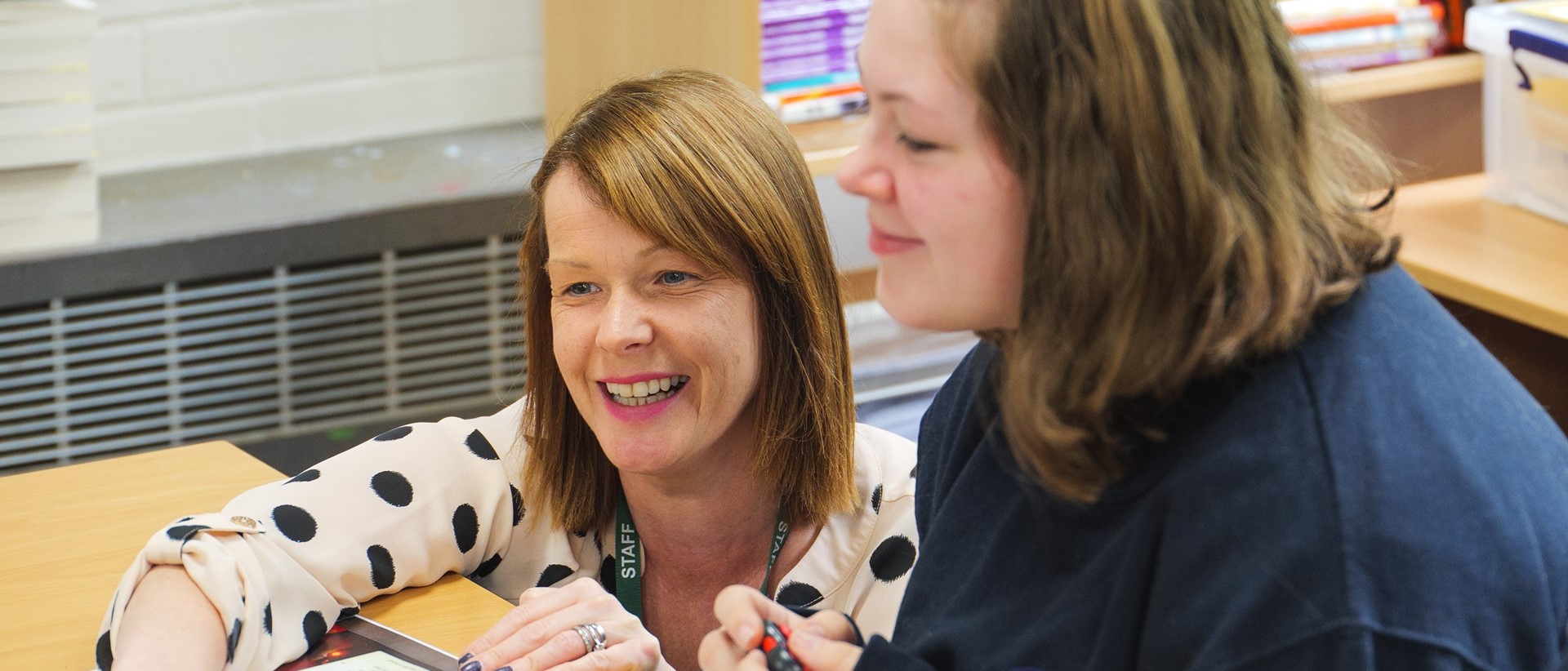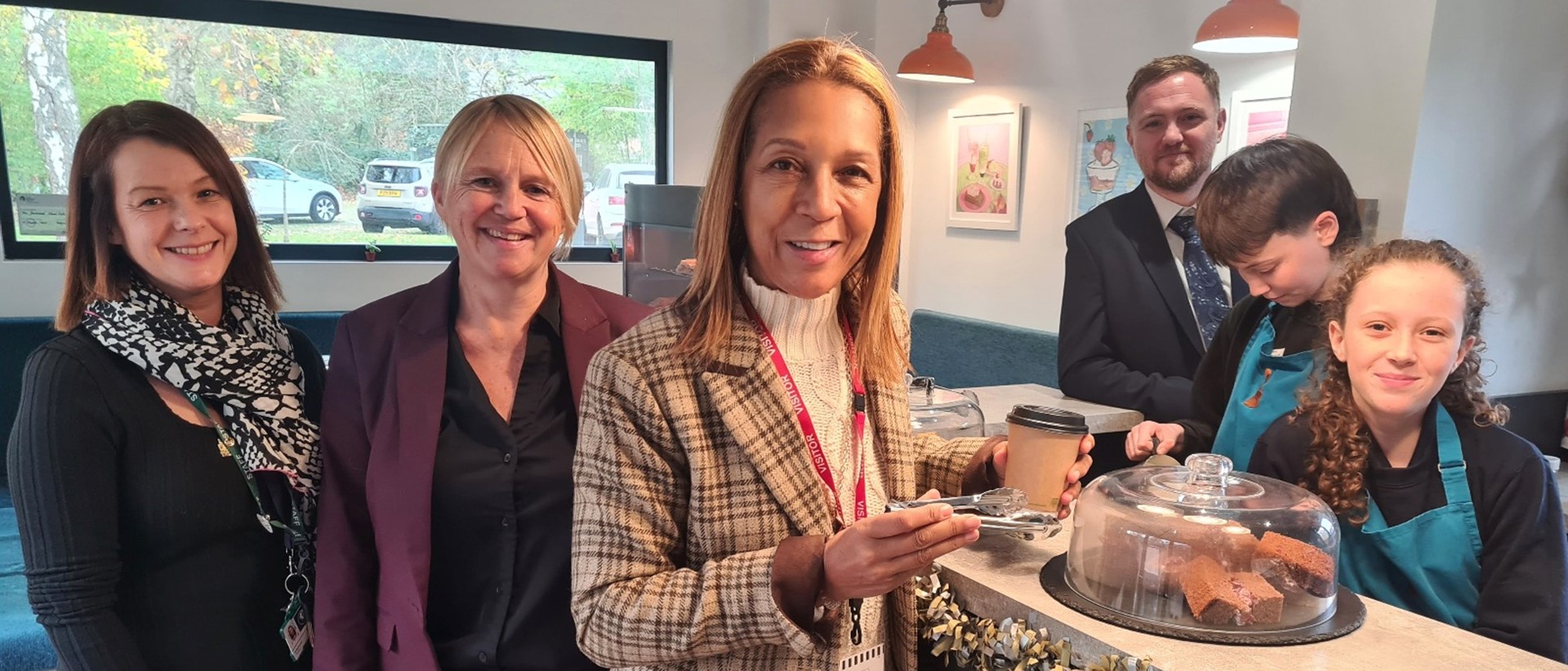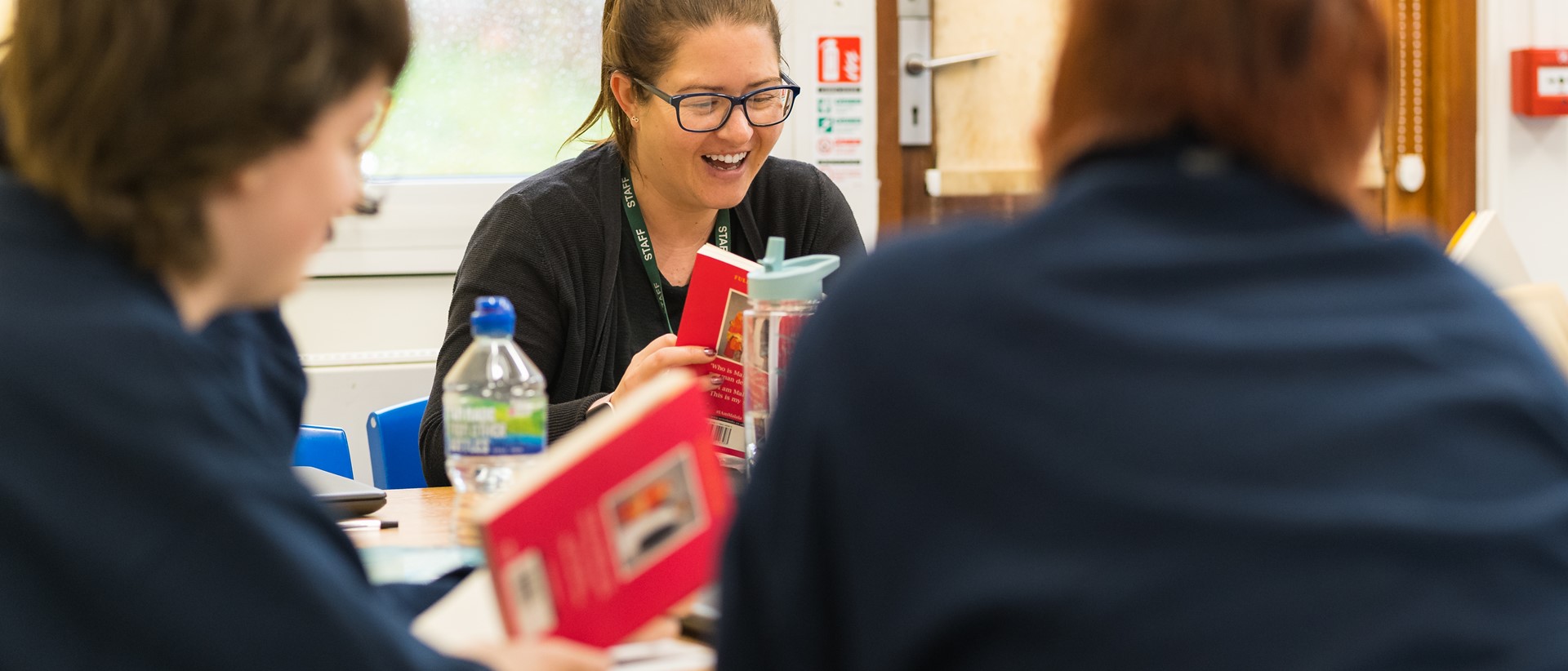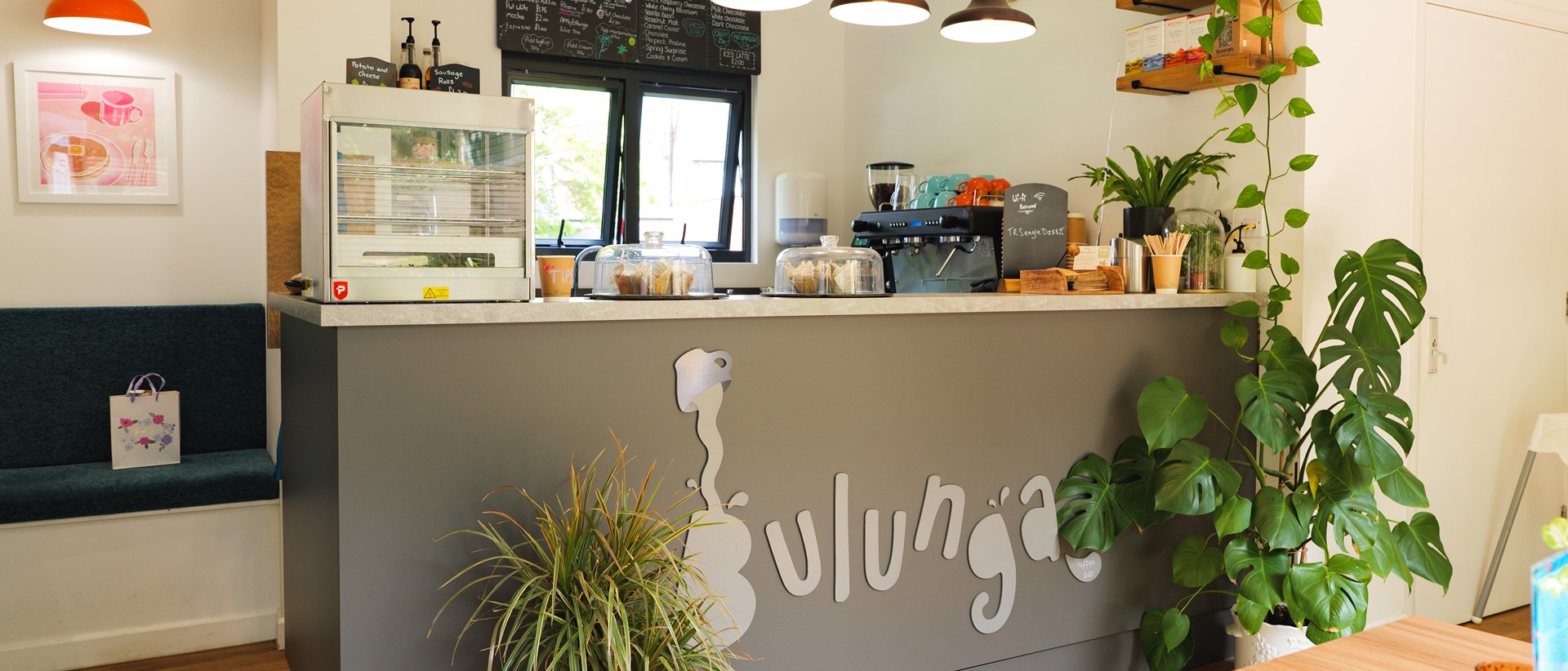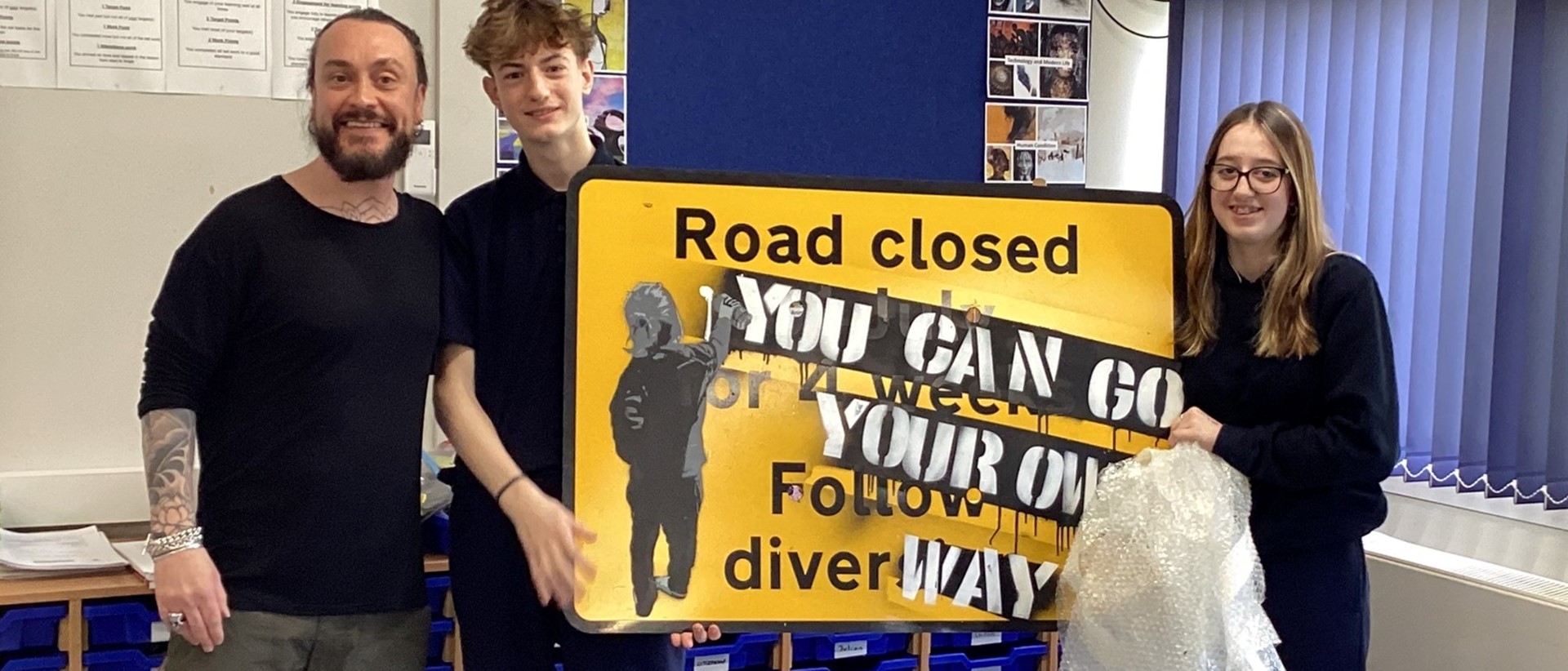Employer Work Experience Guidance
What is a Work Experience Placement?
A work experience placement allows a young person to spend time with an employer, carrying out tasks similar to those of an employee. The primary aim is for the pupil to gain insight into the world of work — including workplace behaviours, roles, skills, and career pathways — while learning in a real-life environment.
Placement Duration
Most placements last one week (Block Placement), but some employers may offer one or two days per week over a longer period (Extended Placement), such as a full school term.
Pupils eligible for work experience are typically in the final two years of compulsory schooling — usually aged 15 or older by 31st August in the academic year of the placement.
Benefits for Employers
Offering a work experience placement doesn’t just support a young person — it also brings value to your business:
- Future Talent Pipeline: Identify and assess potential future recruits in a real-world setting.
- Staff Development: Gives experienced employees the opportunity to mentor and develop training skills.
- Employee Engagement: Enhances staff morale by contributing to a positive company culture.
- Community Involvement: Demonstrates corporate social responsibility by supporting local schools and colleges.
- Local Economic Impact: Helps prepare young people for the workforce, supporting economic growth in the area.
Benefits for Pupils
Pupils gain practical, hands-on experience in the workplace, which helps them:
- Build confidence and self-esteem
- Improve communication, teamwork, and timekeeping
- Develop problem-solving, organisation, and time management skills
- Understand the structure of the workplace and different career pathways
- Clarify career goals and make informed choices for the future
Suitable Types of Work
Most industries can offer placements, with the focus on providing meaningful, supervised tasks that reflect real job responsibilities. Certain activities may be restricted due to age or legal guidelines, and some tasks may require close supervision or be observation-only.
If you're unsure about what work is appropriate, please contact our Work Experience Co-Ordinator, Nikki Wilson, for guidance HERE
Paperwork
There will be the need for the school to complete approvals for any placement but we have tried to minimise the paperwork by using the online Unifrog system. Initially the pupil needs the employer’s name, address, and email contact which they input into Unifrog. Once this is done, the system will send an email to the employer asking them to confirm the placement, complete a risk assessment and attach a copy of the Employer’s Liability insurance and the Health & Safety policy in place if appropriate for the size of the business. On receipt of this through Unifrog the school is then in a position to authorise the placement.


